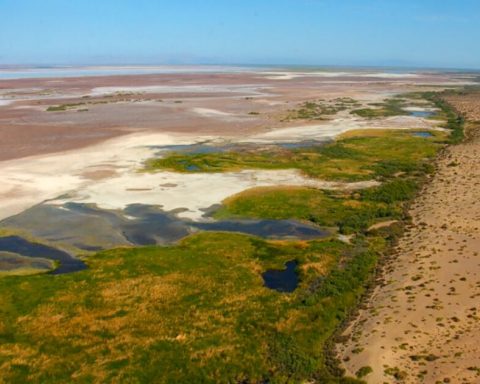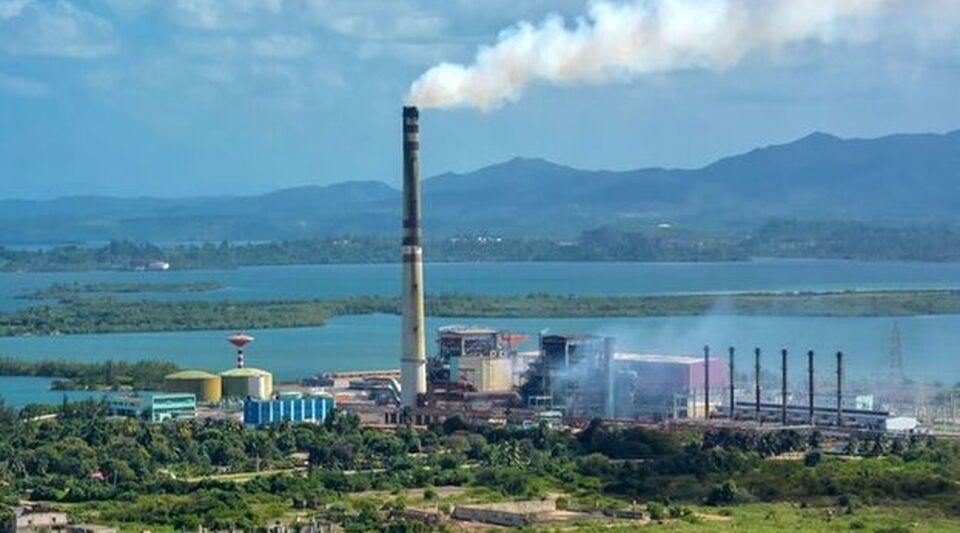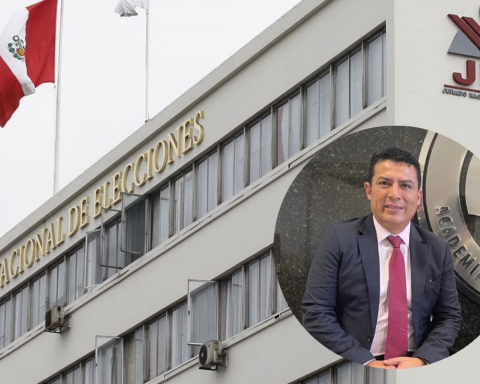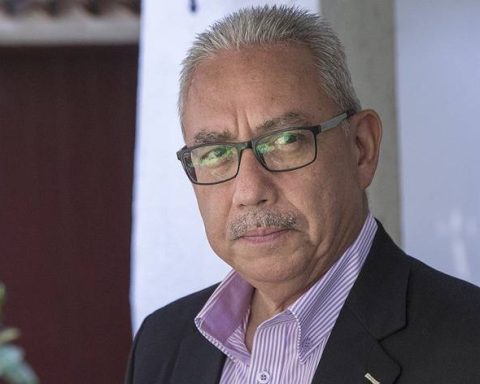▲ Representatives of the nations at the opening ceremony of the United Nations Conference on Climate Change (COP27), at the International Convention Center in the city of Sharm El-Sheikh, in Egypt. The conclave ends on November 18.Photo Ap and Afp
Angelica Enciso L.
Newspaper La Jornada
Monday, November 7, 2022, p. 6
The effects of climate change in Mexico cause risks to food security due to the drop of up to 80 percent in the production of corn, the staple food of Mexicans, at the end of the century, says Francisco Estrada, coordinator of the Climate Change Research Program (PINCC) of the National Autonomous University of Mexico (UNAM).
The expert comments in an interview that the country can lose up to five times the gross domestic product (GDP) due to the reduction in the availability of water and the accumulated impacts on biodiversity, water resources and other sectors.
Added to this, due to its geographical location, in the country the temperature increases faster than the world average: it has risen 1.69 degrees Celsius (from the base period of 1900 to 1930), against 1.23 that has grown on a scale international and exceeds the planned goal of 1.5 degrees on the planet to avoid further damage from global warming, an increase linked to human activity, he highlights.
Temperature change trends in areas of the north of the country indicate an increase of six degrees Celsius and in some of the south it reaches five degrees for a century, he adds.
For example, in Mexico City the temperature has risen by four degrees, but three degrees are due to the heat island phenomenon and one due to climate change. The annual temperature is expected to rise by seven degrees, which it would be very difficult to handle
. We must pay attention to cities, globally, more than half of the population resides there, he points out.
In the limit
The researcher advances the results of a report on climate change and its impacts in Mexico, prepared by the UNAM, and warns that when it is placed in the context of socioeconomic and socio-environmental problems, the poor distribution of income, then the seriousness begins to be seen. : Climate change could be the last straw
. It affects natural and human systems, it is very rare that something is not affected, even the financial system already pays attention to it, he adds.
In agriculture alone, rainfed corn yields, on which 20 million people depend, by mid-century will leave states with reductions of more than 40 percent and now a decrease of five to 15 percent is already seen in yields of this grain. A minimum production of one ton per hectare is self-consumption, there are 23 states that have yields above one ton per hectare, by the end of the century only 11 entities will have these crops
.
In other crops the situation is similar, he stresses. With this, food safety is complicated
. Remember that a 2006 study on coffee had a 2020 scenario with a projection of losses of 34 percent. Actual data indicates yields are down 40 percent.
In water, where there have been problems for a long time, there is overexploitation of aquifers. In groundwater systems in 2011 there were 168 aquifers without availability, it went to 275 in 2020. In hydrological basins, surface water, from 757 to 104, between 2014 and 2021, alert.
If biodiversity, water, health and agriculture are considered, the impacts of climate change during this century at present value can lead to a loss today between 0.5 and 5 times the current GDP. Furthermore, the effects are not evenly distributed across states, sectors, and people.
He adds that the country arrives with uncertainty at the United Nations Conference on Climate Change (COP27), which is being held in Egypt, in the midst of the international context of the war in Russia and Ukraine and the global economic crisis, but with significant gaps in the information, since there are no special reports on land use, extreme events, among others.
In addition, it has been four years since the sixth national communication on climate change came out, in which the state of the country in all sectors, as well as its vulnerability, is reflected. The science of climate change is changing very fast, he warns.
















